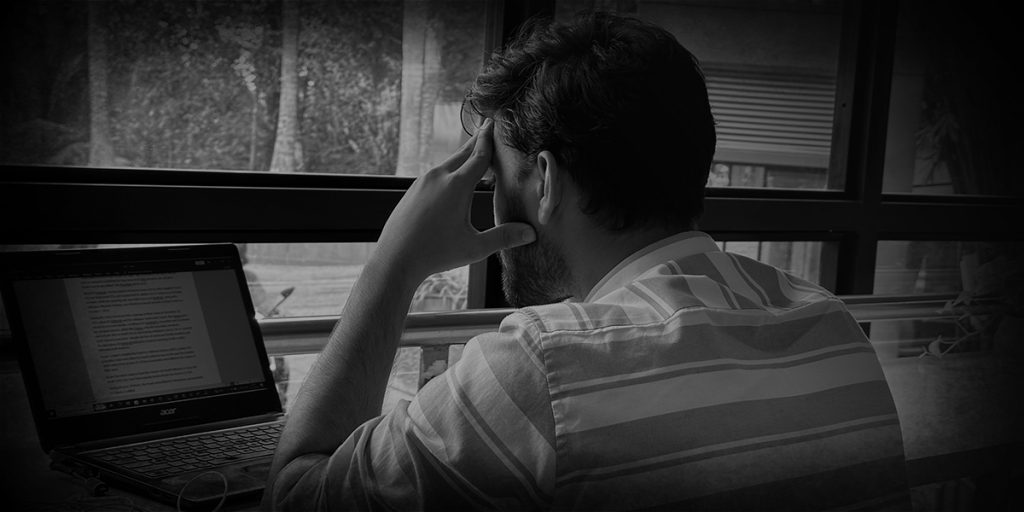 How To Cope With Anxiety: A Psychologist's Guide For A Better Mental Health
How To Cope With Anxiety: A Psychologist's Guide For A Better Mental HealthAs a psychologist, I encounter many individuals grappling with anxiety on a daily basis. Anxiety can be overwhelming, affecting various aspects of life, from work performance to personal relationships. However, it is important to remember that anxiety is a common human experience, and there are effective coping mechanisms to navigate through it.
Before delving into coping strategies, it is important to understand what anxiety is. Anxiety is our body’s natural response to stress, often characterised by feelings of worry, fear, and unease. While experiencing occasional anxiety is normal, persistent and excessive worry can significantly impact one’s quality of life.
One of the first steps in managing anxiety is recognizing the triggers that worsen it. Triggers can vary from person to person and may include work deadlines, social situations, or financial pressures. By identifying these triggers, you can develop coping strategies to address them.
Practising mindfulness and relaxation techniques can help reduce symptoms of anxiety. Mindfulness involves staying present in the moment and observing your thoughts and feelings without judgement. Techniques such as deep breathing exercises, progressive muscle relaxation, and meditation can promote a sense of calmness and reduce anxiety levels.
Unlocking the Secrets of Better Sleep: A Psychologist’s Guide to Better Sleep Hygiene
Establishing a routine can also help ease anxiety. Set aside time for self-care activities and prioritise getting enough sleep each night. Maintaining a healthy lifestyle can also play a significant role in managing anxiety. Regular exercise not only improves physical health but also releases endorphins, which are natural mood lifters. Additionally, prioritising a balanced diet, adequate sleep, and limiting caffeine and alcohol intake can contribute to overall well-being and reduce anxiety symptoms.
You can also engage in activities that bring joy and fulfilment. Whether it is spending time with loved ones, pursuing hobbies, or practising creative outlets like art or music, including positive activities into daily life can help distract from anxious thoughts and promote a sense of purpose and satisfaction.
What Every Parent Needs To Know: A Psychologist’s Guide For Supporting Your Child During Exams
A lot of us have to struggle with negative thoughts hindering our daily life. You can challenge these negative thought patterns with cognitive restructuring techniques. When you are in self-doubt, try to come up with positive affirmations. Try to speak to yourself in an encouraging way.
Another major issue we all face is to manage our time effectively. To prevent feeling overwhelmed by our tasks, you can break them down into smaller, more manageable steps, and tackle them one at a time. This can also let you regain a sense of control over your day.
Remember, you do not have to do it alone. You can reach out to friends and family for support when you need it most. Open communication is key, so do not hesitate to share your thoughts and feelings with those you trust. And if you find yourself struggling, do not hesitate to seek professional help. Seeking support from friends, family, or a mental health professional can be invaluable in managing anxiety. Talking about feelings and concerns with trusted individuals can provide emotional validation and practical guidance. Therapy, whether individual or group-based, can offer coping skills and strategies suited to your needs.

(Henna Ayoob is a highly regarded Consultant Psychologist and entrepreneur in Calicut, Kerala, specialises in psychological well-being. With a focus on sleep science, she is known for her expertise in guiding individuals toward optimal mental health. Henna is committed to fostering a healthier and more balanced lifestyle for her clients.)
